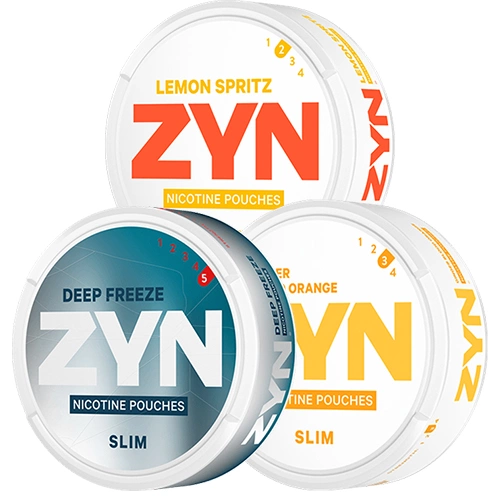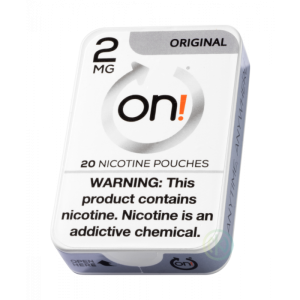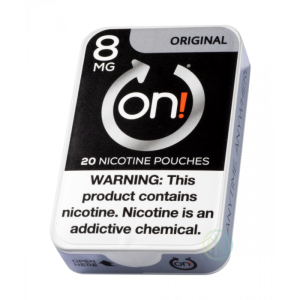Cigarette maker Philip Morris International is halting internet sales on Zyn.com following the discovery that their partner may have unlawfully marketed goods in the country’s capital.
Swedish Match North America, a subsidiary of the tobacco behemoth that owns the nicotine pouch label Zyn, is confronting a summons in Washington, DC. The city’s chief legal officer has focused on Zyn sales and their adherence to a 2022 prohibition on flavored tobacco and flavored synthetic nicotine.
Zyn pouches are diminutive, nicotine-laden sachets that a consumer places between their gums and their upper lip. The merchandise does not incorporate tobacco, according to the company. Zyn pouches also vary from snus — another oral nicotine product — in that they are composed of nicotine powder, as opposed to chopped tobacco leaf.
Zyn.com is suspending sales following Phillip Morris’ initial inquiry which indicated the flavored nicotine pouches might have been sold in Washington, DC, primarily through online sales and independent vendors, as per a statement. As the company examines its “sales and supply chain arrangements,” it will cease selling products online as an “initial corrective action.”
“In the event of an adverse outcome related to this issue, a significant financial obligation is reasonably probable though not quantifiable at this time,” the company stated in a statement.
The cessation of online sales does not signify the disappearance of Zyn products—sales on the Zyn website have constituted a minor fraction of “nationwide Zyn volumes” since Phillip Morris acquired the company, according to their statement.
Zyn products have been a subject of debate for several months.
In January, Senate Majority Leader Chuck Schumer urged regulators to scrutinize the nicotine pouches, referencing their allure to adolescents. The Food and Drug Administration states it is monitoring the underage consumption of nicotine products.
Approximately 1.5 percent of high school and middle school students reported using nicotine last year, the FDA said, considerably less than the 10 percent of students who reported using e-cigarettes.



